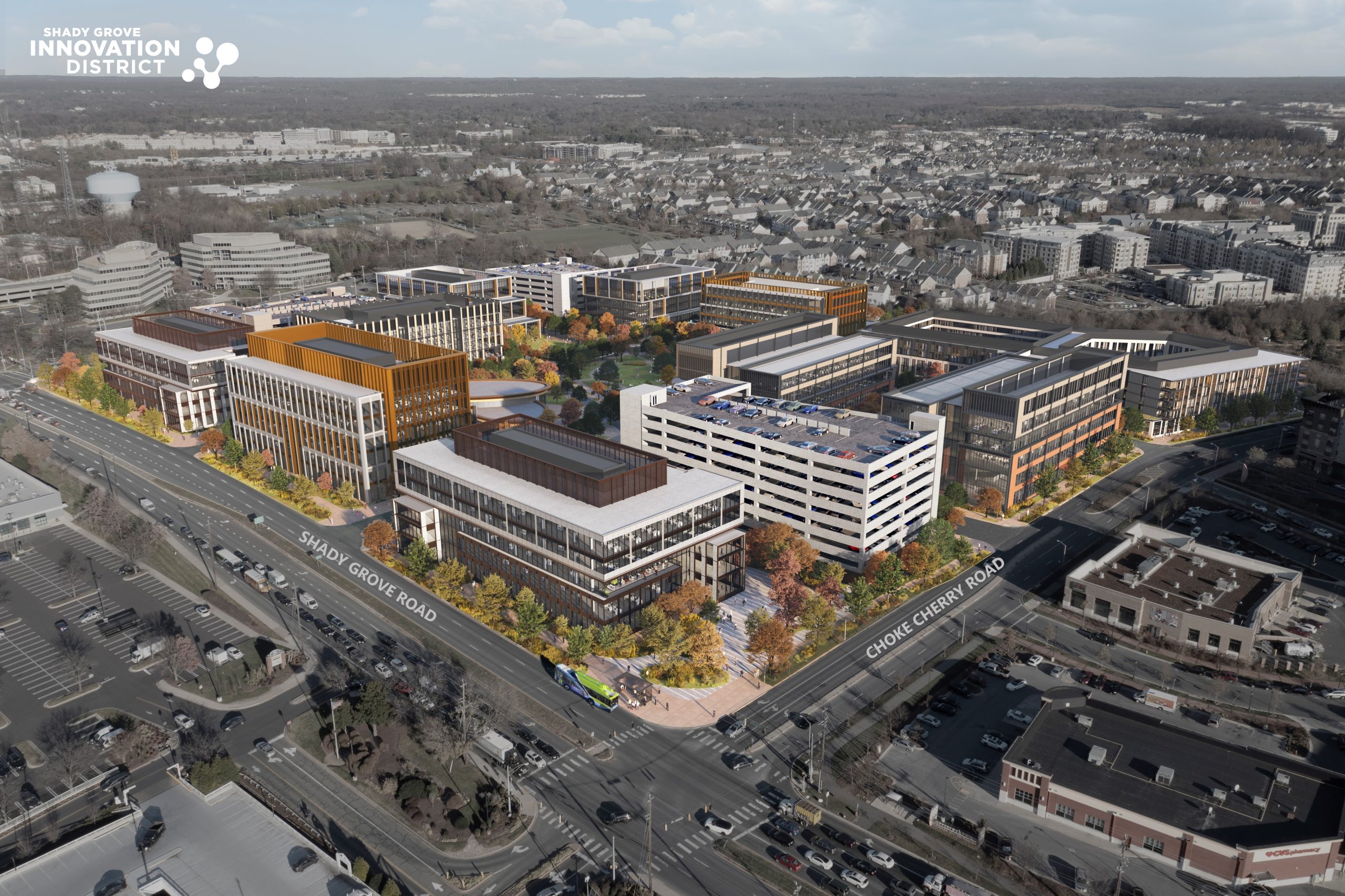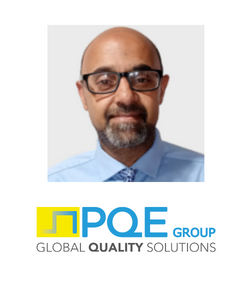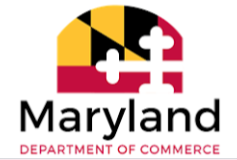
 The BioHealth Innovation, Inc. (BHI) team would like to extend its deepest gratitude to Sarah Miller, Vice President of Economic Development, for her invaluable contributions to the organization as she moves on to a new opportunity. Sarah has played an integral role in BHI’s mission to accelerate the commercialization of BioHealth technologies and worked tirelessly to build and maintain strong relationships with industry stakeholders and partners. Her dedication and hard work will be greatly missed, and we wish her all the best in her future endeavors.
The BioHealth Innovation, Inc. (BHI) team would like to extend its deepest gratitude to Sarah Miller, Vice President of Economic Development, for her invaluable contributions to the organization as she moves on to a new opportunity. Sarah has played an integral role in BHI’s mission to accelerate the commercialization of BioHealth technologies and worked tirelessly to build and maintain strong relationships with industry stakeholders and partners. Her dedication and hard work will be greatly missed, and we wish her all the best in her future endeavors.









